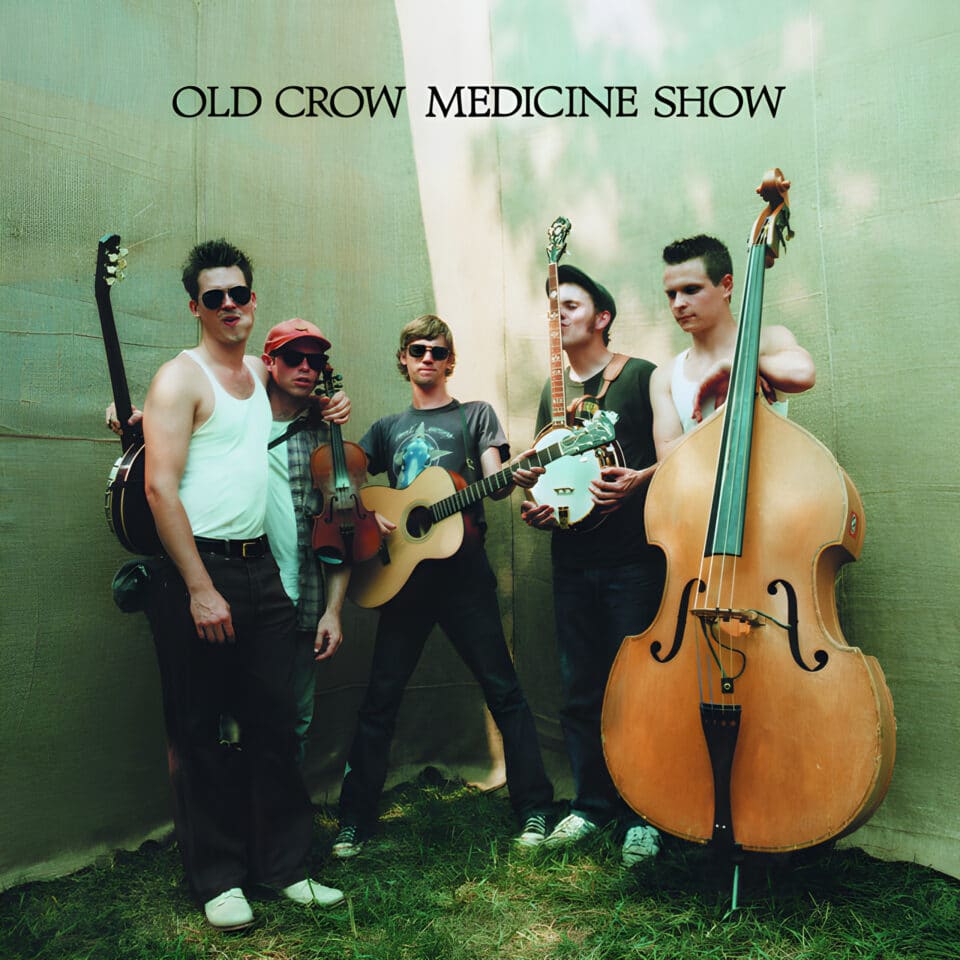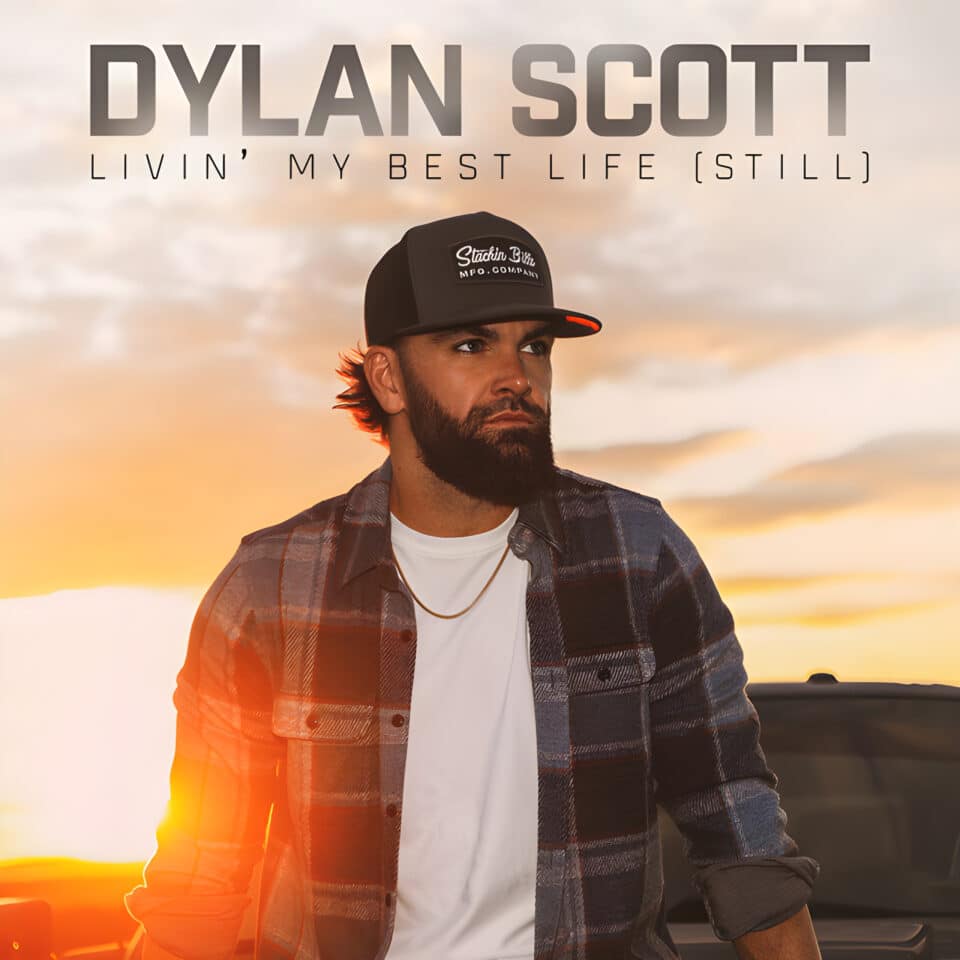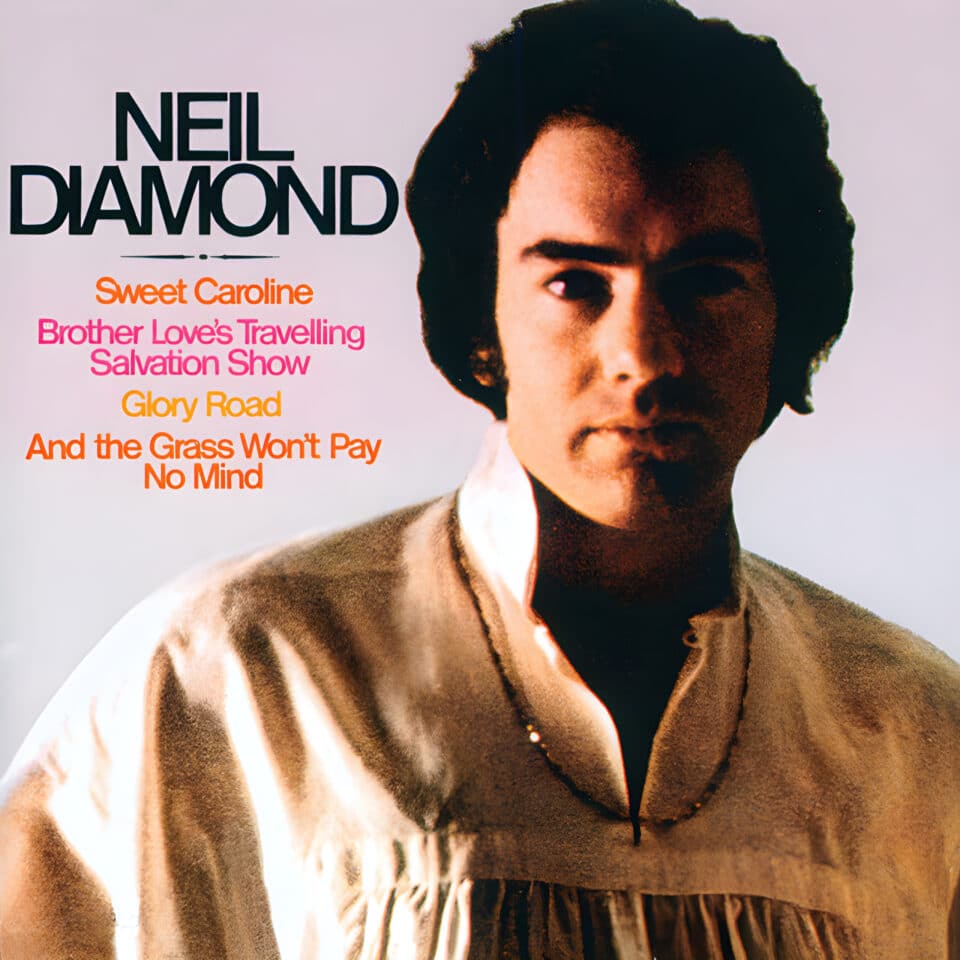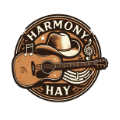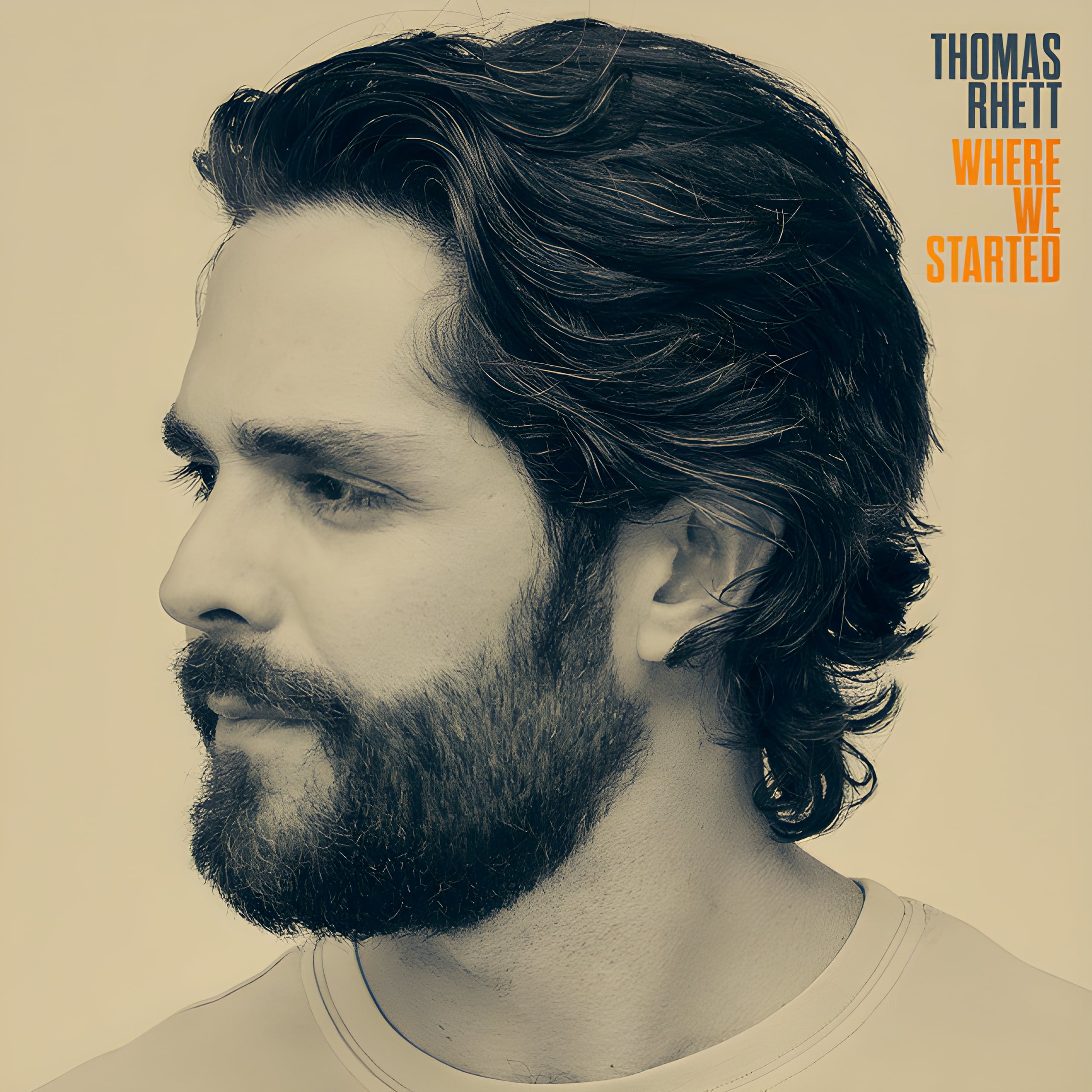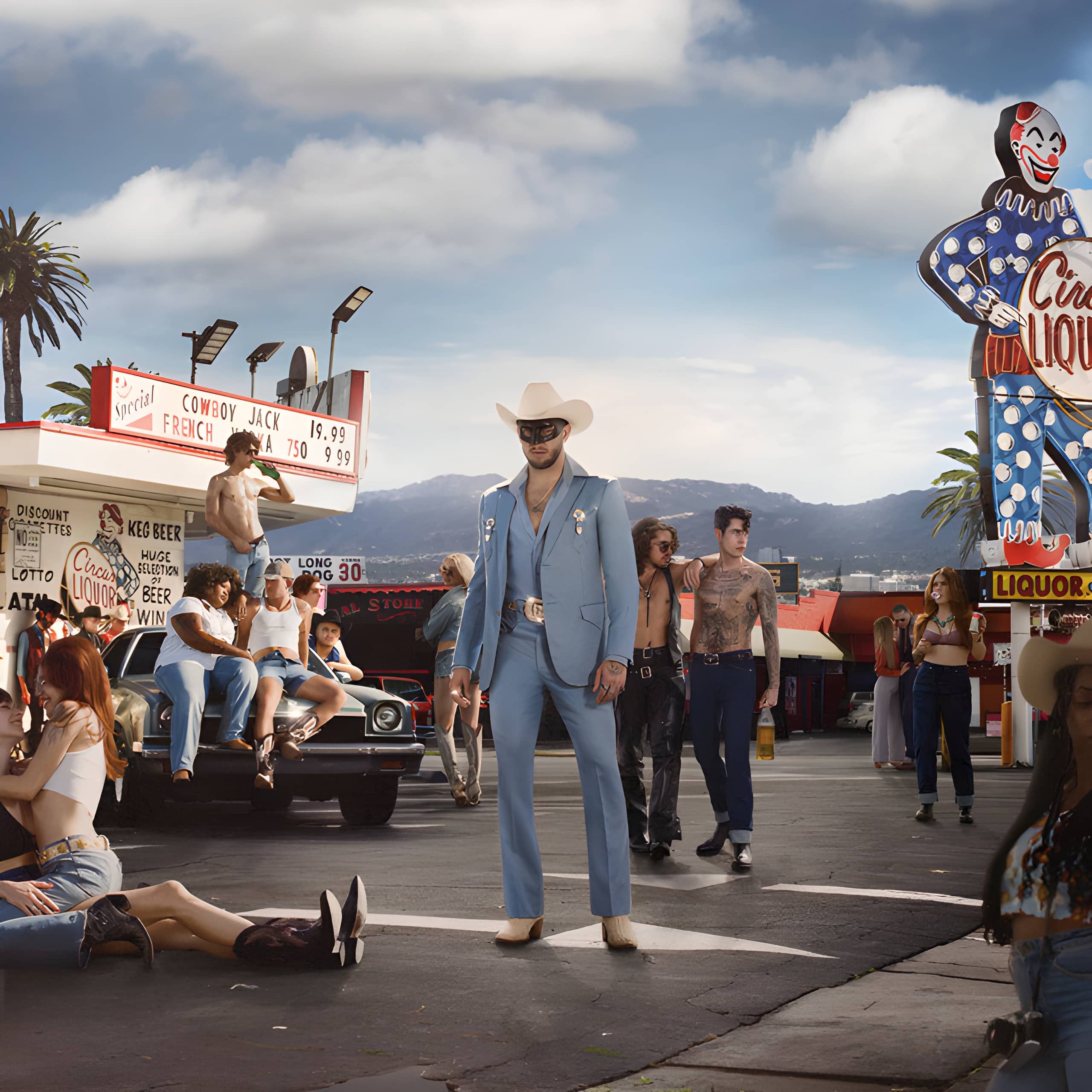Released: 2004
“Wagon Wheel” by Old Crow Medicine Show captures the timeless tale of a wanderer, thumbing his way home to his love, set against the backdrop of Americana. It’s a story of longing, freedom, and the simple plea for comfort in the familiar.
The song kicks off with the narrator setting the scene of his journey, heading south to the land of the pines, aiming for North Caroline. This paints a vivid picture of his road trip, highlighting his desperation (Pray to God I see headlights) and his determination to see his love (hopin’ for Raleigh). The mention of dogwood flowers not only adds a touch of southern charm but situates us squarely in the Carolinas, known for this flora.
The chorus, rock me mama like a wagon wheel, is more than just a catchy hook—it’s a call for comfort, a connection to something stable and reassuring amidst the chaos of the road. The references to wind and rain, and a south-bound train, evoke the natural forces and unbridled energy guiding him back to his roots and loved ones.
As the song progresses, we learn more about the narrator’s backstory. He’s running from the cold up in New England, a nod to seeking not just physical warmth but perhaps escaping difficult circumstances. The line I was born to be a fiddler in an old-time stringband speaks to his intrinsic connection to music and the traditions of the south. Yet, this is contrasted with his struggle in the north (Lost my money playin’ poker), signaling a failed attempt to adapt to a life far removed from his essence.
The latter verses bring in elements of hope and urgency. Meeting a trucker out of Philly who takes him west from the Cumberland Gap to Johnson City, Tennessee, hints at the unpredictability of his journey but also the kindness of strangers. His reflection on death (And if I die in Raleigh, at least I will die free) underscores a deep-seated need for autonomy and the acknowledgment that being true to oneself is the ultimate freedom.
In essence, “WagonWheel” is not just a song about going home; it’s a celebration of the journey, embracing both the uncertainty and the beauty found along the way. Through simple yet evocative language, it captures the essence of the human spirit’s unyielding desire for connection, freedom, and a place to call home.
